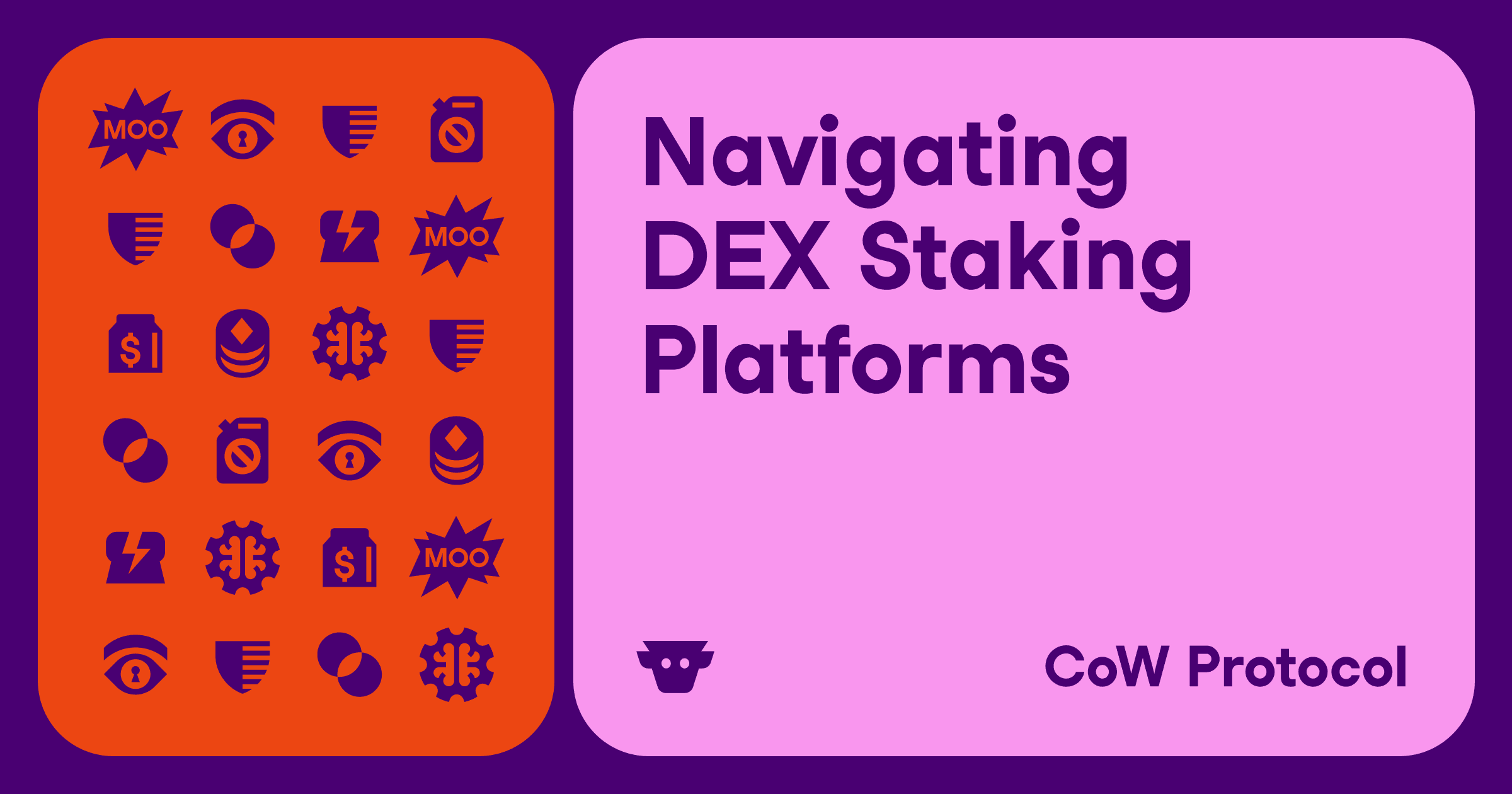How to export Robinhood crypto history for taxes or portfolio tracking
Your Robinhood account contains a detailed record of every cryptocurrency transaction you've made, but extracting this information for tax purposes requires specific steps. When tax season arrives or when you need to analyze your portfolio performance, having access to your complete transaction history becomes essential.
Why you need to export your Robinhood crypto history
The IRS treats cryptocurrency as property, which means every trade, sale, or conversion creates a taxable event. You must report capital gains and losses on your tax return, and accurate records form the foundation of proper tax compliance.
Robinhood reports your transactions to the IRS through 1099 forms when you sell crypto or receive rewards exceeding $600 in a tax year. However, these forms often lack complete cost basis information, especially for cryptocurrency you transferred into Robinhood from other platforms. Cost basis refers to the original purchase price of an asset, which determines your capital gain or loss when you sell.
Portfolio tracking also benefits from complete transaction data. You can analyze your trading patterns, calculate performance metrics, and make informed investment decisions based on your historical activity.
Understanding Robinhood's tax reporting limitations
Robinhood faces inherent challenges in providing complete tax reports. When you transfer cryptocurrency from another exchange or wallet into Robinhood, the platform doesn't receive cost basis information. This creates gaps in their records that you must fill manually.
The platform uses a First-In-First-Out accounting method for determining which coins you sell first. However, if you have transfers with unknown cost basis, Robinhood processes those transactions first before applying FIFO to the remaining holdings.
These limitations mean you cannot rely solely on Robinhood's tax forms for accurate reporting. You need your complete transaction history to calculate proper cost basis and ensure compliance with IRS requirements.
Methods for exporting your transaction data
Robinhood offers two primary methods for accessing your crypto transaction history: API integration and CSV file downloads. Each method serves different needs and technical comfort levels.
Using the API method
The API method provides the most comprehensive and up-to-date access to your transaction data. This approach works best with crypto tax software that can automatically sync your information.
To set up API access, log into your Robinhood account and click "Account" in the top-right corner, then select "Crypto." Scroll down to find "API Trading" and select "Add Key."
You'll need to generate a public and private key pair. Robinhood provides documentation at docs.robinhood.com that explains the key generation process. When creating your API key, enable all read actions under API actions, but avoid setting IP restrictions or expiration dates to maintain continuous access.
Name your key something descriptive like "Tax Software Access" so you can identify it later. After filling out the required information, click "Save" and authenticate the activity through whatever method Robinhood requires.
Once created, the platform displays your API key. Keep this information secure, as it provides access to your account data.
Downloading CSV files
CSV file downloads offer a manual alternative that works with any spreadsheet program or tax software that accepts file uploads. This method requires more hands-on work but gives you direct control over your data.
Access your CSV files by logging into Robinhood and clicking "Account," then selecting "Tax Center." Look for "Robinhood Markets Consolidated Transactions" where you can download your transaction history.
The downloaded files contain all your crypto transactions with timestamps, amounts, prices, and transaction types. You may need to convert files from PDF format to CSV if necessary, depending on how Robinhood delivers the data.
Preparing your data for tax software
Raw transaction data from Robinhood often requires formatting before you can use it effectively. Professional crypto tax software typically handles this formatting automatically, but manual preparation may be necessary for some applications.
Review your exported data for completeness. Check that all your transactions appear with correct dates, amounts, and transaction types. Look specifically for any transfers into or out of Robinhood, as these often require additional information.
For transfers into Robinhood from other platforms, you'll need to gather cost basis information from your records of the original purchase. This might involve checking transaction histories from other exchanges or wallet records.
Large transaction histories may span multiple files or require several download sessions. Ensure you capture your complete trading history for the relevant tax year by checking the date ranges of your exported data.
Working with crypto tax software
Specialized crypto tax software simplifies the process of converting your Robinhood data into tax-ready reports. These platforms connect with multiple exchanges and can calculate cost basis across your entire crypto portfolio.
When selecting tax software, look for platforms that specifically support Robinhood integration. Many services offer both API connections and CSV upload capabilities, giving you flexibility in how you share your data.
The software should handle complex scenarios like transfers between platforms, hard forks, airdrops, and different accounting methods. It should also generate the specific tax forms your jurisdiction requires, such as Form 8949 for capital gains and losses in the United States.
Most crypto tax platforms offer free account creation with limited features, allowing you to test their compatibility with your data before committing to paid plans.
Handling missing cost basis information
Missing cost basis creates one of the biggest challenges in crypto tax preparation. When Robinhood shows zero cost basis for transferred coins, you must reconstruct this information from your other records.
Start by identifying all transactions in your Robinhood history that show zero or missing cost basis. These typically correspond to deposits from external wallets or exchanges. For each transaction, note the date, amount, and type of cryptocurrency involved.
Search your records from other platforms to find the original purchase information. You need the date you bought the cryptocurrency and the purchase price in US dollars. Email confirmations, exchange transaction histories, and bank records can help establish this information.
Document your cost basis reconstruction process. The IRS may question your calculations during an audit, so maintaining clear records of how you determined cost basis strengthens your position.
Integrating data from multiple sources
Most crypto investors use several platforms, creating the need to combine data from multiple sources. Your complete tax picture includes not just Robinhood transactions, but also activity from other exchanges, DeFi protocols, mining, staking, and wallet transfers.
Create a comprehensive list of all platforms where you've conducted crypto transactions. This might include major exchanges like Coinbase or Binance, DeFi platforms like Uniswap, and any wallets where you've received payments or rewards.
Export transaction data from each platform using their respective methods. Some platforms offer CSV downloads, others provide API access, and blockchain-based activity might require wallet address tracking.
Crypto tax software excels at combining these disparate data sources into unified reports. The platforms can match transfers between exchanges, eliminate double-counting, and calculate accurate cost basis across your entire crypto portfolio.
Timing considerations for tax reporting
Understanding when transactions occurred helps ensure accurate tax reporting. The IRS uses trade dates, not settlement dates, for determining tax obligations. Robinhood timestamps show when you initiated transactions, which typically aligns with trade date requirements.
Pay attention to year-end cutoffs. Robinhood uses 11:59 PM UTC on December 31 as their year-end cutoff for tax reporting. Transactions occurring after this time count toward the following tax year, even if they settle in the current year.
For portfolio tracking, you might want data spanning multiple years to analyze long-term performance trends. Ensure your export captures the full time period you need for analysis.
Maintaining ongoing records
Tax compliance and portfolio management require ongoing record-keeping, not just year-end data collection. Establish systems for regularly backing up your transaction data and maintaining records throughout the year.
Consider setting up automatic syncing if you use crypto tax software with API capabilities. This ensures your records stay current without manual intervention. Regular updates also help identify and resolve data issues before they become problems during tax season.
Keep records of any manual adjustments you make to cost basis or transaction classifications. Document the reasoning behind these changes to support your tax reporting decisions.
Export your Robinhood crypto history at least annually, even if you don't immediately need it for taxes. Having historical snapshots protects you against data loss and provides backup records for future reference.
Your exported transaction history serves multiple purposes beyond tax compliance. It enables comprehensive portfolio analysis, supports investment decision-making, and ensures you maintain complete records of your cryptocurrency activities. Taking control of your data puts you in the best position to meet your tax obligations accurately and efficiently.
FAQs
How do I export Robinhood history to Excel?
You can download your transaction history as a CSV file by logging into your Robinhood account, clicking "Account," then selecting "Tax Center." Look for "Robinhood Markets Consolidated Transactions" to download your data, which can be opened in Excel.
Does Robinhood provide tax documents for cryptocurrency?
Yes, Robinhood provides 1099 forms for cryptocurrency transactions when you sell crypto or receive rewards exceeding $600 in a tax year. However, these forms may lack complete cost basis information, especially for transferred cryptocurrencies.
How to get crypto.csv from Robinhood?
Access your crypto.csv by logging into your Robinhood account, navigating to "Account," selecting "Tax Center," and downloading your transaction history from "Robinhood Markets Consolidated Transactions."
How to keep track of crypto transactions for taxes?
Maintain regular records by exporting your transaction data, either through API integration or CSV downloads. Document all transfers, trades, and rewards. Consider using crypto tax software to automatically track and organize your transactions.
Does Robinhood provide historical data?
Yes, Robinhood maintains detailed records of all your cryptocurrency transactions, which you can access through their platform.
What forms does Robinhood provide for crypto tax reporting?
Robinhood provides 1099 forms for crypto transactions, specifically when you sell cryptocurrency or receive rewards over $600 in a tax year.
How do I calculate my cost basis for Robinhood crypto trades?
Robinhood uses the First-In-First-Out (FIFO) method for calculating cost basis. For transferred crypto, you'll need to manually track and record the original purchase price from your previous platform.
Can I use crypto tax software to analyze my Robinhood transaction data?
Yes, many crypto tax software platforms support Robinhood integration through either API connections or CSV file uploads, allowing for automated analysis of your transaction data.
How do I sync my Robinhood account with a crypto tax calculator?
You can sync your account using Robinhood's API integration. Generate an API key through your account settings, enabling read actions, and connect it to your chosen tax software platform.
What should I do if my Robinhood tax forms are inaccurate?
Review your complete transaction history, gather records from other platforms for transferred assets, and document any corrections. Consider using crypto tax software to generate accurate reports.
What are the implications of transferring crypto in and out of Robinhood for taxes?
Transfers between platforms aren't taxable events, but you must maintain accurate cost basis information. Robinhood may not receive cost basis data for incoming transfers, requiring manual tracking.
How do I handle crypto rewards received through Robinhood for tax reporting?
Crypto rewards exceeding $600 annually must be reported as income and will be included in your 1099 forms from Robinhood.
What is the year-end cutoff time for crypto trades with Robinhood?
Robinhood uses 11:59 PM UTC on December 31 as their year-end cutoff. Transactions after this time count toward the following tax year.


